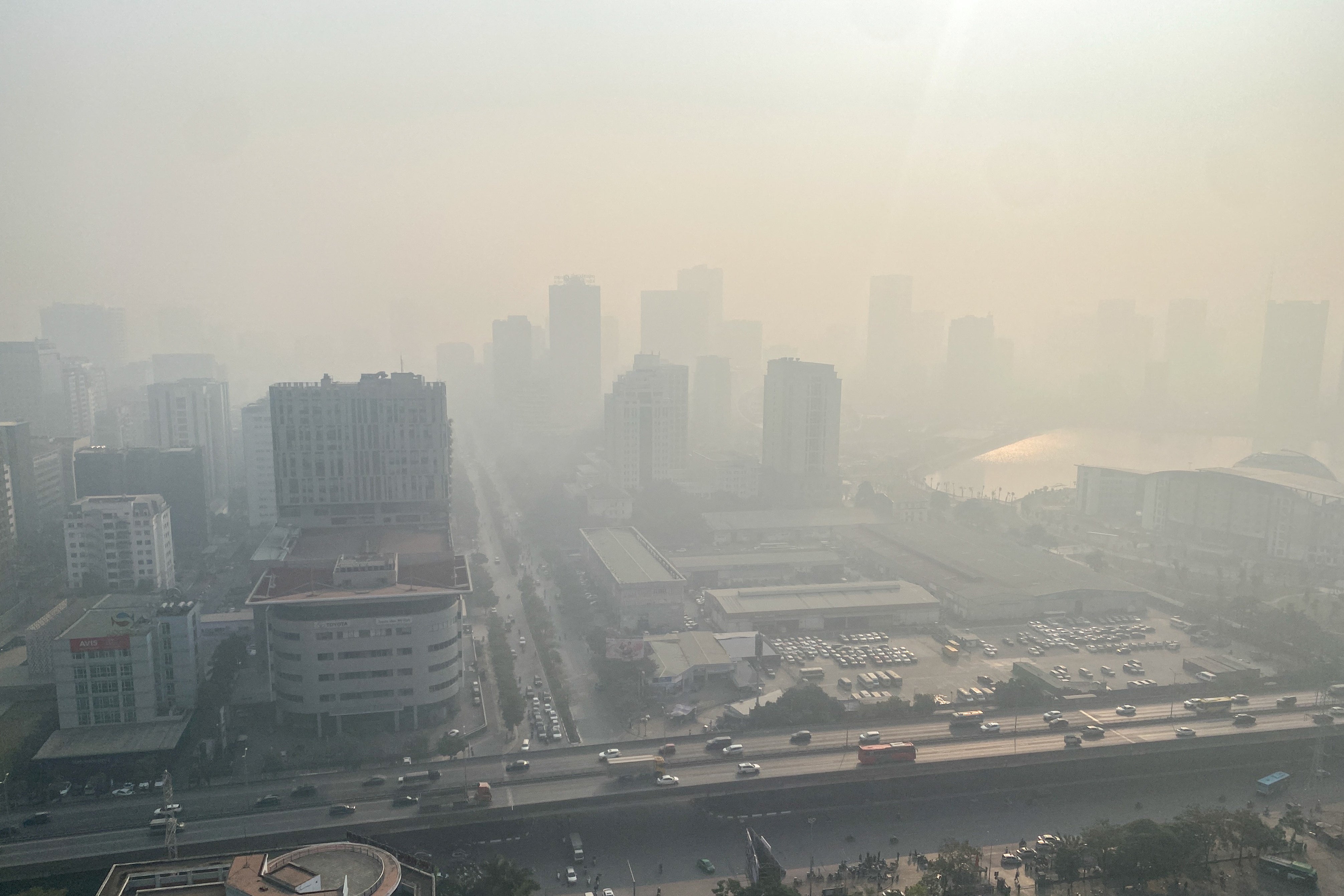Vietnam will ban fossil-fuel motorcycles and mopeds from central Hanoi from next year in an attempt to curb worsening air pollution.
From 1 July 2026, motorbikes running on petrol and diesel will not be allowed along Hanoi’s main ring road, which surrounds the city’s business and government districts.
The directive was issued by prime minister Pham Minh Chinh.
City authorities have been told to prepare for the transition and ensure compliance by the deadline.
The majority of Hanoi’s nearly 8.7 million people rely on two-wheelers for daily transport.
The city has some seven million motorcycles and just over a million cars. As incomes rise and more people switch to private vehicles, the air quality is deteriorating, and Hanoi regularly ranks among the world’s most polluted cities. AQI levels in parts of the city in July range from 115 to 165 – categorised as “poor” to “very poor”.
The WHO estimates that more than 60,000 deaths per year in Vietnam are linked to air pollution.
The government plans to encourage a shift to electric vehicles, led by domestic automaker VinFast, which controls some 24 per cent of Vietnam’s EV market share. However, adoption of electric two-wheelers remains limited.

While air pollution remains a concern, many people are worried about the plan and its timeline. “It’ll affect people who rely on motorbikes to earn a living. How can people just discard their vehicles?” Nguyen Van Hung, a Hanoi motorcycle taxi driver who works with ride-hailing service Grab, told the Associated Press.
Some residents say they support cleaner air but question whether the city is ready.
“We need better public transport and more support before such a big change,” Hoang Duy Dung, who works in a central Hanoi office, said.
The Vietnamese city’s move came barely days after officials in Delhi, India, were forced to U-turn on plans to stop old vehicles from being refuelled in the capital.
Hanoi’s next phase of restrictions, due in January 2028, will impose a ban on a wider area and limit petrol-fuelled private cars.
In addition to vehicle restrictions, the Vietnamese government said it would upgrade waste treatment infrastructure, implement digital monitoring systems and introduce stricter environmental penalties. Rewards will also be offered to whistleblowers who report pollution breaches.
Hanoi is the first major city in Vietnam to set a date for a motorcycle ban. Similar discussions are underway in Ho Chi Minh City, where traffic congestion and smog are growing concerns.
Like Hanoi, several major cities around the world are taking steps to restrict private vehicles from their roads. In Amsterdam, petrol and diesel cars, bikes and mopeds will be banned from 2030.
Across Europe, over 340 municipalities, including Paris and Milan, have introduced low‑emission zones or traffic restrictions to reclaim public space and improve health.
